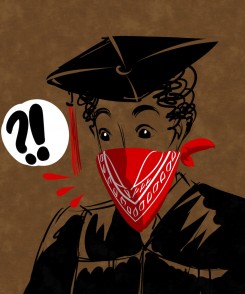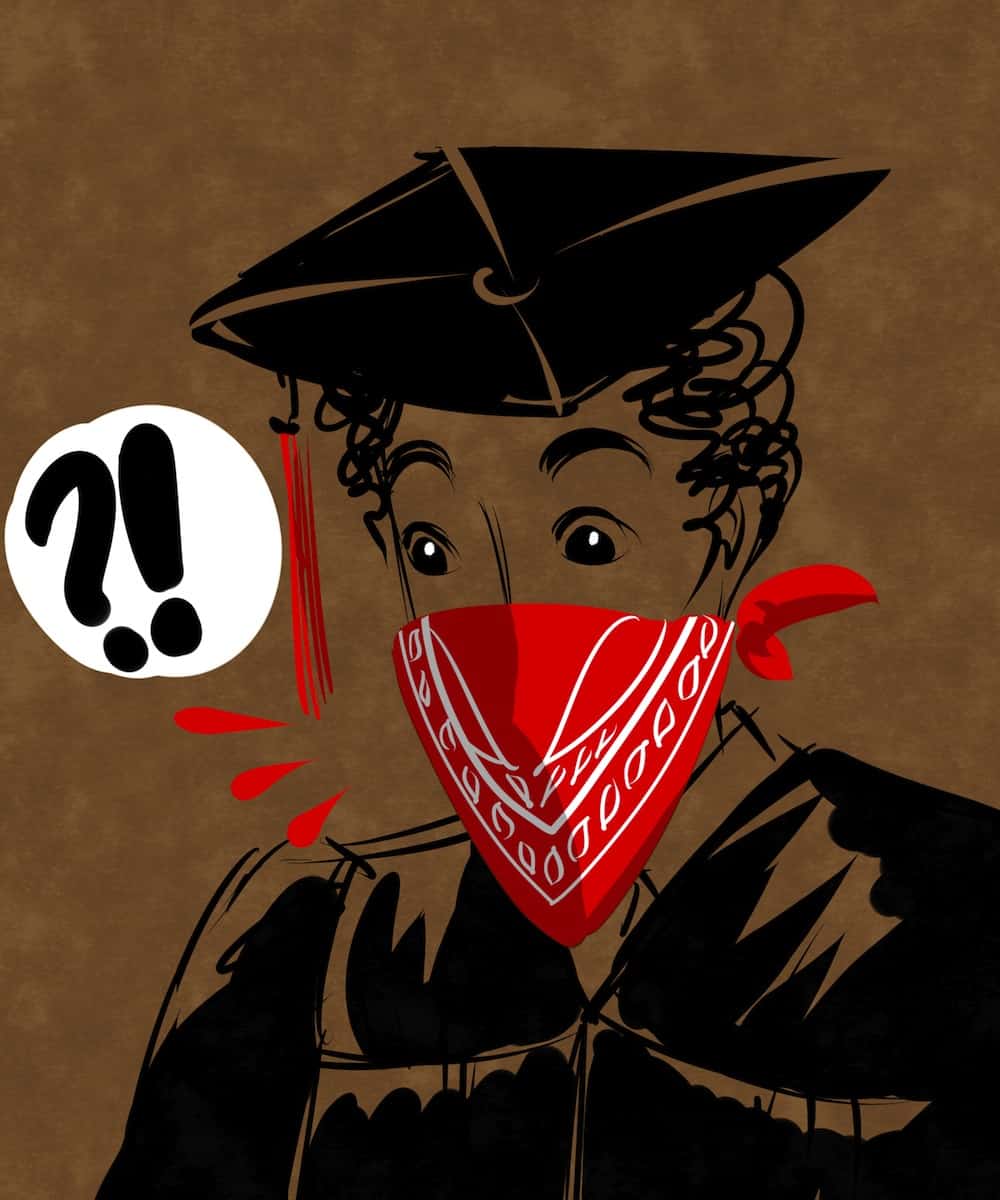On September 27, it was announced that prosecutors from the United States Attorney’s Office in Brooklyn, New York, are seeking a 15-year sentence for Suresh Sriskandarajah, who is currently being charged with providing aid to the Liberation Tigers of Tamil Eelam (LTTE) — a recognized terrorist organization both in the United States and in Canada. Mr. Sriskandarajah, a Sri Lankan Canadian citizen and former student at the University of Waterloo, was extradited to the United States in 2012 after being apprehended by the RCMP in 2006.

NANCY JI/THE VARSITY
The prosecutors recommended a stiff punishment because they believe: “A significant term of incarceration will reflect the seriousness of the offence” of providing aid to the LTTE. Those familiar with the Sri Lankan civil war, a bloody, 26-year long event, will understand why aiding the LTTE, a rebel group with an appalling human rights record, is illegal in the United States and Canada.
Followers of the conflict may also be eager to know what “significant term of incarceration,” if any, will be recommended for the American and Canadian officials responsible for providing millions of dollars in funding to the Sri Lankan government over the past decade. As the prosecutors will know (at least, if they have read the Congressional Research Service’s briefing), the majority of atrocities perpetrated in the final stages of the war were committed by citizens of Colombo, Sri Lanka’s largest urban centre, with help from millions in aid money from countries like the United States and Canada.
The listing of the LTTE as a terrorist organization here in Canada and in other Western countries is a complicated matter. The government of Sri Lanka — which is not listed as a terrorist group — has committed far more heinous crimes than anything the LTTE have been accused of. During the civil war, the government exhibited a wanton disregard for human life — illustrated through summary executions, hostage-taking, and the deliberate shelling of civilians. Furthermore, the origins of the war — rarely discussed in Western commentary — lie in the decades-long process of the systematic ethnic cleansing of Sri Lanka’s Tamil population by the Sinhalese majority government. Although their methods were unconscionable, the Tigers were politically in the right — fighting for the Tamil people’s right to national self-determination.
By prosecuting people like Sriskandarajah for aiding the Tigers, while ourselves supporting Colombo, Canada and the United States have not only engaged in staggering hypocrisy but have also sided with a racist government against an oppressed minority. Our support for the Sri Lankan government became truly criminal after authorities killed roughly 40,000 civilians between 2008 and 2009 — herding them into smaller and smaller “no-fire zones,” which were then shelled. This horrific conclusion to the war, which also dashed any real hope of Tamil independence, would likely have been impossible had Colombo not been receiving generous international assistance while the Tigers had their funding disrupted by our police forces.
This critical support from the West resulted in the wildly successful effort by Colombo to re-brand the civil war as another front in the “war on terror” — a prudent move, given the West’s willingness to oppose global terrorism. Once this was achieved, support from the West flowed in, while police forces like the RCMP cracked down on the Tigers’ support networks. With its main opposition and target defunded and on the ropes, Colombo was clear to continue towards the path of extermination. In the hysteria surrounding our efforts to stamp out domestic terror threats, nobody noticed that we were funding greater atrocities.
As Sriskandarajah’s trial moves forward, and as the RCMP track down any remaining LTTE affiliates to either charge or extradite, we should remember that we have tacitly supported far greater crimes perpetrated on a mass scale by the Sri Lankan government than anything Mr. Sriskandarajah and others have been accused of allegedly contributing to. Yes, the Tamil Tigers are guilty of hideous crimes, and Canada should do all that it can to root out terrorist sympathizers at home who contribute to these groups. However, until Canada reexamines its history of foreign relations with Sri Lanka, the charges against Sriskandarajah will remain a shameful mockery of justice.
Simon Capobianco is a third-year student in math and philosophy.


